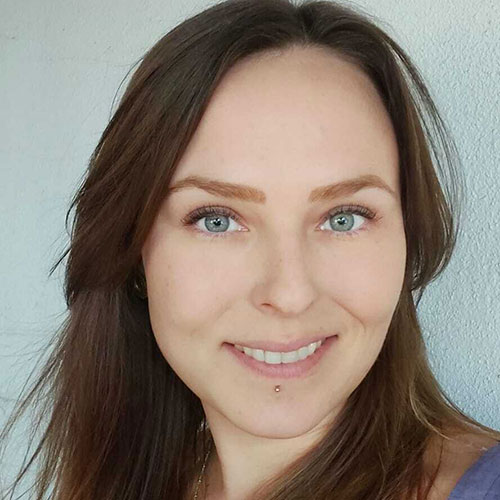Growing up as the oldest child often meant carrying more responsibility than you were ready for. From managing chores to guiding siblings, your role shaped both your personality and habits. Many of those traits still show up in adulthood, influencing how you work, connect, and see yourself. If you were the firstborn, chances are these patterns still follow you today.
Natural Leaders With Strong Responsibility
The oldest child usually find themselves stepping into leadership roles without thinking twice. Whether it was keeping siblings in line or stepping in when parents were busy, you often led by example. This early responsibility trained you to take charge and remain dependable. As an adult, you may organize projects at work, plan social events, or take the initiative when no one else will. While this helps you succeed, it can also cause frustration when others fail to contribute. Finding balance between leading and allowing others to step up is key to keeping this trait healthy.
Perfectionism and a Strong Work Ethic
As the firstborn, you were often expected to set the standard. That pressure to perform taught you to work hard and aim high. Many oldest children carry this into adulthood, showing strong discipline and a drive to excel. Yet the perfectionist side can become stressful. You may push yourself to achieve flawless results or feel disappointed when reality falls short. The upside is that your work ethic earns respect and trust. The challenge is remembering that mistakes and rest are part of growth. Allowing room for imperfection makes your ambition more sustainable.

Protective and Teaching Instincts
Being the oldest child often means acting as both a protector and a teacher. You probably watched out for your siblings’ safety, gave advice, or guided them through situations you experienced first. These habits remain in adulthood. Friends, partners, and coworkers may notice your nurturing side, as you step in to mentor or support. While this instinct makes others feel valued, it can sometimes weigh you down if you take on too much. Learning when to advise and when to step back allows your care to feel supportive without becoming overwhelming.
Independence With Delegation Challenges
Because your parents were new to parenting, you may have learned to handle many things on your own. That independence remains a defining trait, making you resourceful and confident in problem-solving. However, it can also make delegation difficult. Trusting others to complete tasks does not come naturally, since you may fear they will not meet your standards. In both personal and professional settings, this habit can leave you overextended. Balancing independence with collaboration builds stronger relationships and eases pressure on yourself.
People-Pleasing and Overthinking
Oldest children often learned early that keeping the peace made life easier. Pleasing parents through good behavior or extra help became second nature. In adulthood, that habit may turn into saying yes too often or struggling to set boundaries. Combined with a tendency to overthink, this can leave you drained or anxious. You might replay conversations, worry about outcomes, or analyze small decisions. The good news is that self-awareness helps you shift these patterns. By practicing boundaries and letting go of unnecessary worries, you free yourself to focus on what truly matters.

Closing Thoughts
Being the oldest child shaped habits that continue to influence your life. Leadership, responsibility, and independence remain powerful strengths, while perfectionism, overthinking, and people-pleasing sometimes add pressure. The role of eldest sibling gave you skills that others admire, yet balance is important. By keeping the positive traits and softening the challenging ones, you create more space for growth and peace. If you were the firstborn, you likely see yourself in these patterns. They shaped who you are today, and with reflection, they can continue to guide you in healthy ways.
Disclaimer: This article was created with AI assistance and edited by a human for accuracy and clarity.

